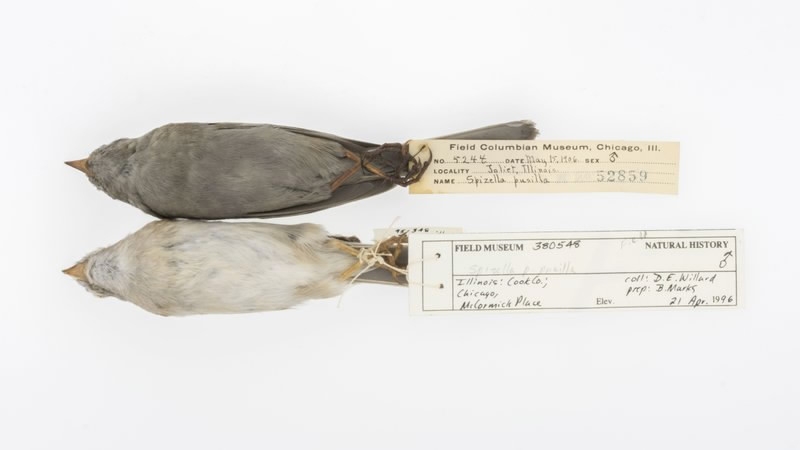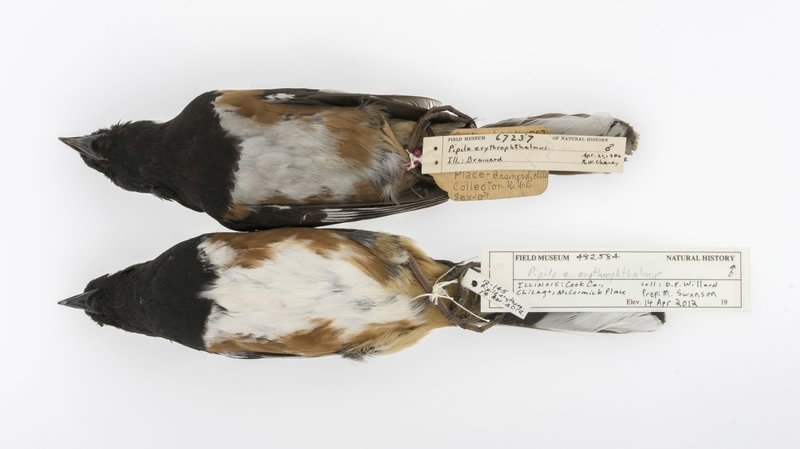
Tech & Sci
08:29, 10-Oct-2017
Dirty old birds reveal climate change mysteries

Some dirty old birds are helping scientists better understand one of the most baffling climate change mysteries.
University of Chicago researchers Shane DuBay and Carl Fuldner examined 1,347 dead birds in museums in Chicago, Detroit and Pittsburgh, comparing birds from the 1900s and 1910s to birds from decades later.
The difference was black and white.
Feathers of birds in the 1900s were blacker than birds just 20 or 30 years later, suggesting that there was more soot in the atmosphere than scientists originally thought, according to a study published Monday in the Proceedings of the National Academy of Sciences.
This is important because scientists believe soot, also called black carbon, has an important role in climate change. They know it traps heat, but scientists haven’t been able to study it well because it doesn’t stay in the atmosphere long.
“The problem previously is that there was no way to characterize the particles from this early industrial era,” Fuldner said. “You can’t look at the soot particles coming out of the 1910 manufacturing plant in Joliet, Illinois.”

The study is fascinating to experts who are trying to predict future warming trends from black carbon. /AP Photo
The study is fascinating to experts who are trying to predict future warming trends from black carbon. /AP Photo
Black carbon in the air comes from inefficient burning of fossil fuels, especially coal. Some recent studies call it the second most potent greenhouse “molecule” – because unlike the most important, carbon dioxide, it is a solid, not a gas.
The black carbon coating the birds now gives scientists a better record, showing past pollution may have been underestimated, Fuldner and DuBay said.
Black carbon emissions dropped around 1930 as homes turned away from coal for heat. Coal was used more and more for manufacturing and electric power, but that produces less soot than burning it in homes for heat, they said.
The study is fascinating to experts who are trying to predict future warming trends from black carbon.
Some scientists say reducing black carbon emissions may be an easier way to fight climate change than by just reducing carbon dioxide emissions.
Other scientists say the impacts of the study on projections for future warming would likely be modest – at best – in part because black carbon stays in the atmosphere for such a short time.
Source(s): AP

SITEMAP
Copyright © 2018 CGTN. Beijing ICP prepared NO.16065310-3
Copyright © 2018 CGTN. Beijing ICP prepared NO.16065310-3